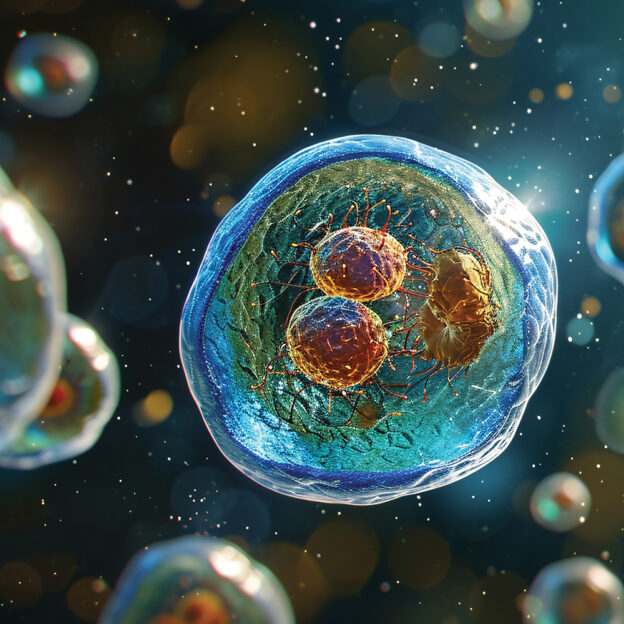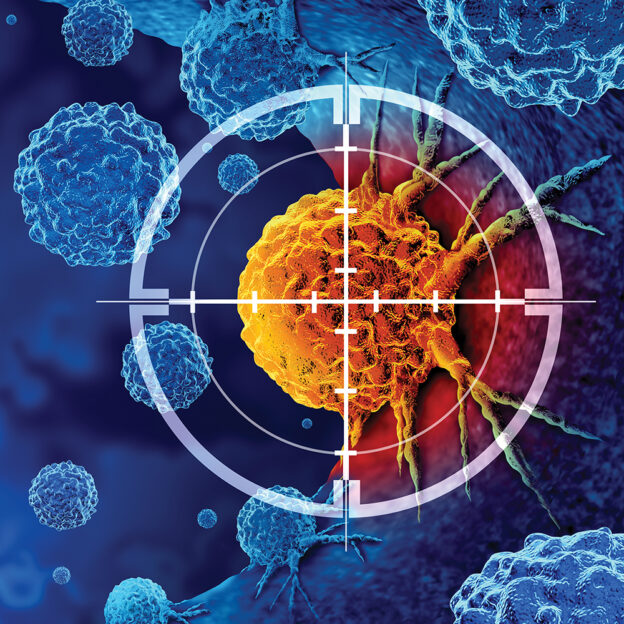By Kaayla T. Daniel, Ph.D.

Scientists, doctors and nutritionists who have warned that soy is not a health food and poses special risks to infants and children received support this week from the Israeli Health Ministry, which issued a health advisory recommending that soy foods be eaten only in moderation.
“The Israeli Health Ministry strongly recommended that consumption of soy foods be limited for young children and adults and that soy formula be avoided altogether by infants,” said Kaayla T. Daniel, Ph.D., author of The Whole Soy Story: The Dark Side of America’s Favorite Health Food. “This is a giant step forward. I hope that Israel’s action will encourage other government agencies to alert their citizens to the fact that it is a myth that soy is a ‘health food’ and that there are very real dangers from making soy a staple of their diets.” Daniel noted that there are hundreds of studies linking soy foods and soy infant formula to digestive problems, thyroid dysfunction, ADD/ADHD, dementia, reproductive disorders and even cancer.
“The Israeli Ministry took this matter very seriously and based its advice upon the conclusions reached by a 13-member committee of nutritionists, oncologists, pediatricians and other specialists who spent more than a year examining the evidence. The committee concluded that the estrogen-like plant hormones in soy can cause adverse effects on the human body, including cancer promotion and reproductive problems. They strongly urged that consumption of soy foods be minimized until absolute safety has been proven.”
According to the Jerusalem Post, soy is widely used in Israel by people of all ages because it is a cheap substitute for meat, and soy infant formula is especially popular among Haredi families who choose not to mix milk-based baby formulas with meat meals. The Health Ministry plans to distribute information about the dangers of soy foods and soy infant formula to pediatricians, health care workers and the public. It firmly recommends that babies who cannot be breast fed receive cow’s milk formula and be given soy infant formula only as a last resort. Day care centers and schools, many of which now frequently serve soy foods several times a day, are being told to limit them to no more than one serving per day and no more than three times per week. Finally, doctors should closely monitor the blood thyroxine levels of babies and toddlers suffering from hypothyroidism who are on soy infant formula and/or eating soy foods, because of the well-known adverse effects of soy on the thyroid.
“The Israeli Health Ministry’s recommendations are in accord with those made by the United Kingdom’s chief medical officer and the British Dietetic Association, both of which have alerted pediatricians and parents to use soy infant formula only in unusual circumstances,” said Daniel. “In New Zealand, the Health Ministry has suggested that doctors carefully monitor the thyroids of infants on soy formula. However, no country has come close to Israel’s warning against soy foods for children up to age 18. This sets an important precedent.”
Although the Israeli Health Ministry stopped short of making recommendations on soy consumptions for adults, it found that the evidence on soy foods alleviating menopausal symptoms is inconsistent, that soy phytoestrogens can increase breast cancer risk and that they can reduce male fertility. The Ministry determined that soy has been shown to reduce blood cholesterol but stated that there is no clear proof that it reduces the risk of heart disease.
“The bottom line,” said Daniel, “is that the Israeli Health Ministry looked long and hard at the evidence and reached the appropriate conclusion that we should eat soy only occasionally and in moderation because possible benefits are far outweighed by proven risks.”





